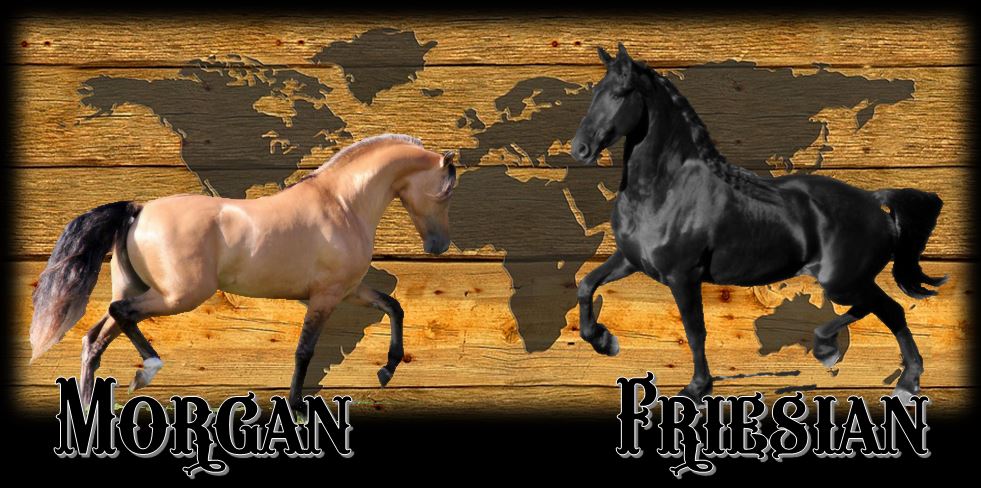

There is no rush, and many pet owners find it useful to wait a few days before deciding on a name, to see which one suits your pet the best. Such as ‘Lancelot’, after Sir Lancelort, or ‘Cid’, after Robrigo Diaz de Vivar. Or, you could choose a name after a famous historian. Perhaps try ‘Azul’, the Spanish word for ‘blue’, or ‘Topaz, after the blue gem for fire energy. However, if you’re looking for something a little bit different, or something related to history, here are some ideas without going too abstract There are plenty of options in the modern-day, and often, horses are also given names suitable for people. If you’re struggling, try following an example of medieval names by using characteristics or personality traits as inspiration. See more funny horse names! Horse Name Inspirationįinding the right name for your horse can be difficult.
#European war horse free
During the battle of Aliscans, Guillaume promised to groom the horse 4 times a day, and let him only drink from the golden cup for his efforts.ĭuring the battle, Guillaume sets Baucent free to capture his opponent’s horse. The horse would seldom slow down in battle, no matter how tired he became. He was even known for saving 15 horses from a group of robbers, and miraculously heals an injured one back to health with prayers to God.īaucent was his most loyal, treasured horse. Guillaume d’Orange was a great lover of horses, and purposely tried not to harm his opponents’ horses in battle, then later take them for himself. Owned by the fictional character Guillaume d’Orange, based upon the Duke of Aquitaine, Baucent was a loyal horse who bravely fought in several battles. Alexander dragged his horse’s body out away from the chaos without any regard for the battle so that Bucephaslus’s body would not be mistreated.

They fought several battles together and ventured over several untouched parts of the world until Bucephalus was killed in the Battle of Hydaspes. Born on the same day, the horse bowed before him to signify his submission, and the pair carried on their journey together. One day, Bucephalus, meaning ‘Bull Head’, was heard neighing by Alexander the Great, and he saw the horse as a mirror image of himself. However, he feasted on humans, and for this reason, was put behind bars and fed criminals. Bucephalusīucephalus was an untamable horse, said to be more beautiful and faster than Pegasus.

In this article, we are going to discuss some typical medieval horse names, as well as some of the famous historical horses from these times. Sometimes, owners would be very creative when naming their horses, and at other times, they would stick to the basics.

For example, horses that were owned by noblemen or kings were named after the following method color + aristocrat family surname/title.Īn example of a medieval horse following this structure is ‘Morello of Cornwall’. Names would also depend on the horse’s breed, and purpose. Generally, they would be named after things that were easy to distinguish such as colors, features, origin, or characteristics. They were not fanciful, glamorous, or abstract. All great horses in medieval times had names.


 0 kommentar(er)
0 kommentar(er)
